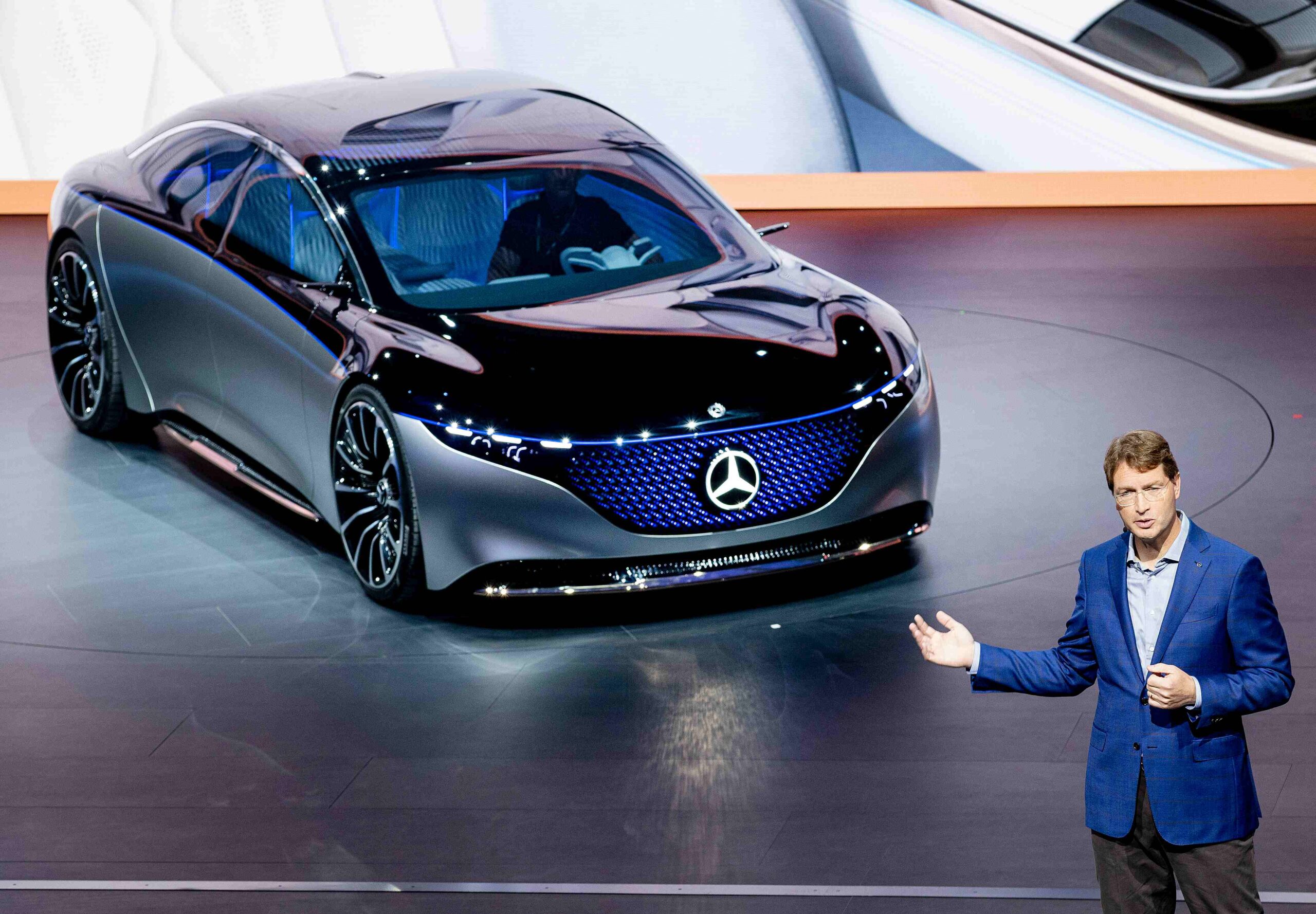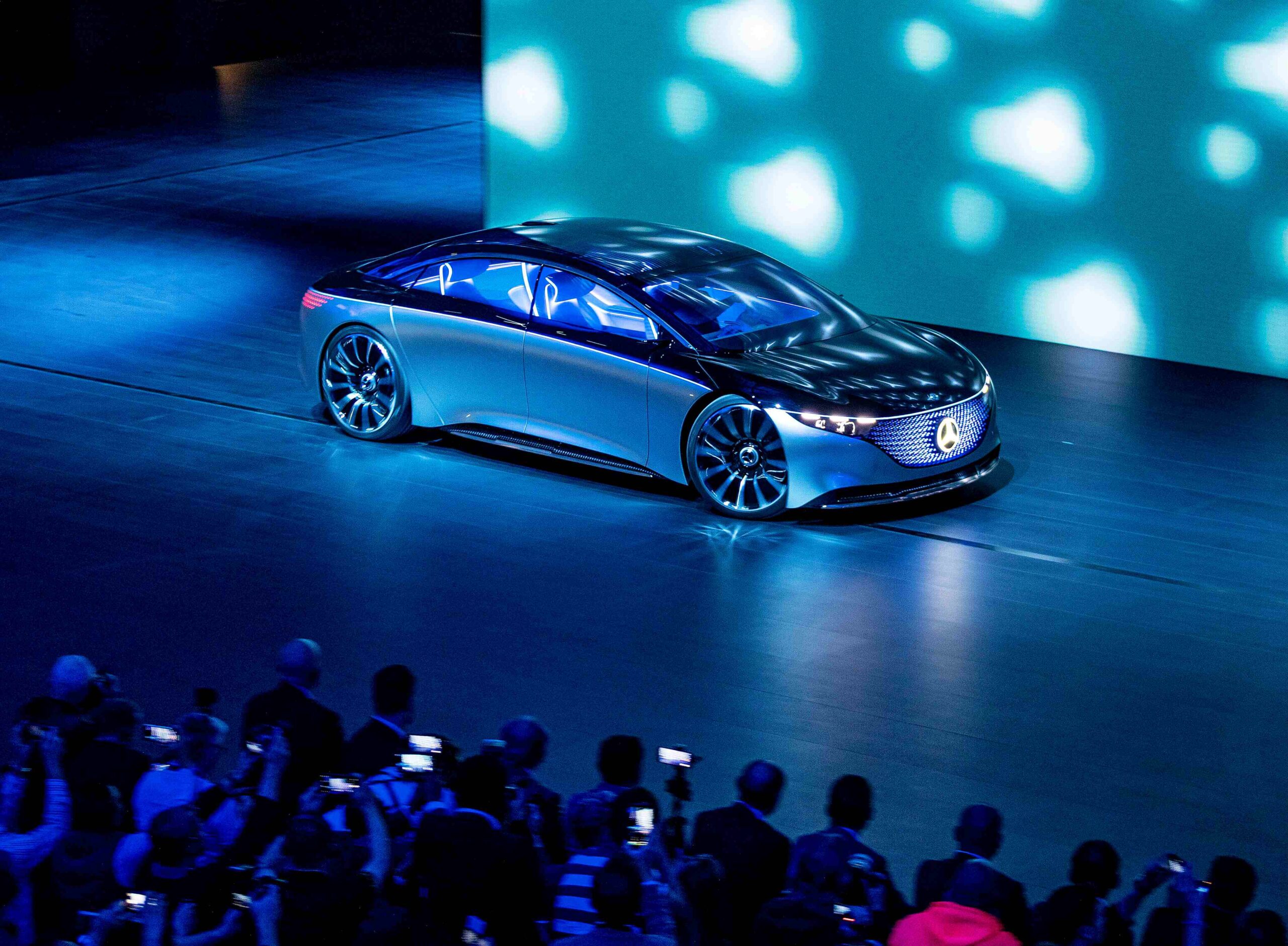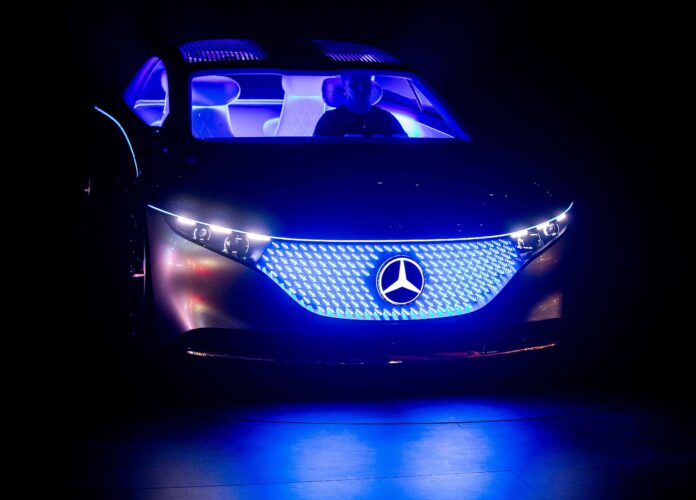Mercedes-Benz is reportedly backing off its promise to make exclusively electric vehicles (EVs) by 2030, according to a company statement put out on Thursday. This follows a string of reports over the last few months indicating that the auto industry is getting cold feet on the bold EV promises they made previously in cooperation with pressure from global environmentalist institutions.
In April 2023, the Biden administration announced its intention to introduce new pollution legislation requiring two-thirds of new vehicles sold in the US to be electric by 2030–estimated to be ten times the amount currently sold. In a show of support for this progressive signaling, multiple automakers vowed to ensure their factories would be ready to meet this demand.
Mercedes had first promised this as far back as July 2021. Today, however, Mercedes is saying it will be upgrading its lineup of traditional gas-powered combustion engines for at least ten more years. It predicts EVs (including hybrids) will account for only 50 percent of its total sales by 2030, representing a huge retraction of their promises. CEO Ola Kaellenius made the statement today with the purpose of quelling investor and customer fears, saying the company’s new plans indicate they “will have a new lineup in 2027 that will take us well into the 2030s.”

Learn the benefits of becoming a Valuetainment Member and subscribe today!
“Customers and market conditions will set the pace of the transformation,” Mercedes also said in a follow-up report. “The company plans to be in a position to cater to different customer needs, whether it’s an all-electric drivetrain or an electrified combustion engine, until well into the 2030s.”

Mercedes also announced a new $3.3 billion share buyback program on Wednesday. Its share prices increased by 5.9 percent in light of both updates.
Elon Musk said Tesla is anticipating a significant decline in sales growth during 2024, and EV firms like Rivian and Lucid are indicating that production will flatline this year.
As Valuetainment previously reported, General Motors (GM) has slashed plans to produce 400,000 EVs and temporarily close and reshuffle EV factories. GM had previously announced that the company would be discontinuing all gas-powered vehicles by 2035, but was forced to reassess its annual electric vehicle manufacturing goals in October of this year.
Ford Motor Company announced in October that it would be halting $12 billion of its proposed $15 billion investment into EVs, slowing down its production of the electric Mustang Mach-E, and backpedaling on plans to open a second EV battery plant in Kentucky.
“While Ford and GM’s move to adjust production plans to lower demand and save capital are pragmatically positive for margins and free cash flow in the short-term, they also raise deeper concerns around their ability to make a successful transition to EV longer term,” read a report from Deutsche Bank at the time.
Finally, on Feb. 17th, the Biden administration announced it was officially throwing in the towel on its attempts to force automakers to 10x their EV production. Specifically, it has agreed to demands from both the auto companies and the labor unions that they revoke their proposed limit on tailpipe emissions, which was designed to incentivize consumers to make the change to EVs.
 Shane Devine is a writer covering politics, economics, and culture for Valuetainment. Follow Shane on X (Twitter).
Shane Devine is a writer covering politics, economics, and culture for Valuetainment. Follow Shane on X (Twitter).


















Add comment